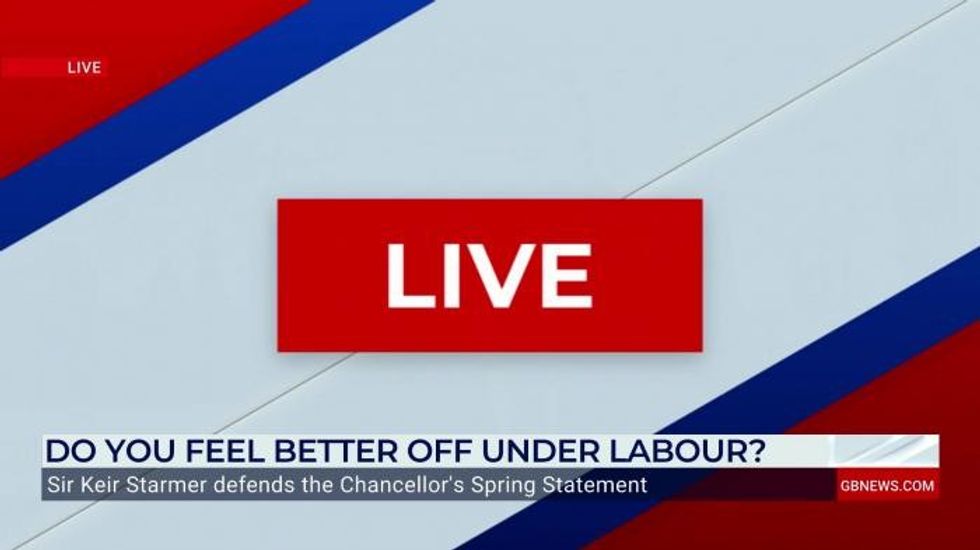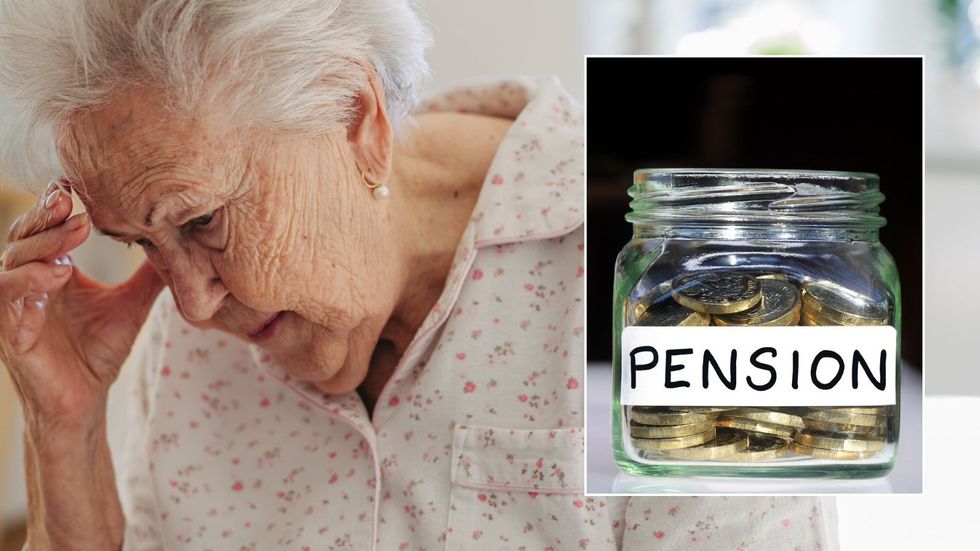Nine million state pensioners MISS OUT on £470 boost while others get DOUBLE - Are you impacted?
Millions of pensioners received a boost to their state pensions earlier this month, with payments rising by over £470 per year from April 6.The increase has lifted the full new state pension from £11,502 to £11,976 annually.However, a significant number of retirees will not receive this headline figure.Some may get considerably less than the full amount, while others could receive as much as double the increase.The difference lies in which state pension system retirees fall under.Only one-in-four pensioners receives the "new" state pension, while three-quarters are on the "basic" or "old" system, which pays less.Men born before April 6, 1951, and women born before April 6, 1953, receive the old state pension.Those born on or after these dates qualify for the new system.The old state pension now pays up to £176.45 weekly, while the new state pension offers a maximum of £230.25 per week.Another reason many pensioners don't receive the full amount is insufficient National Insurance contributions.To qualify for the full new state pension, 35 qualifying years of National Insurance contributions or credits are needed.The basic state pension requires 30 qualifying years.Gaps in your National Insurance record due to unemployment or living abroad can reduce your entitlement.Those who took time out to care for children should have received credits if they claimed child benefit and ticked the appropriate box.Older pensioners may also have gaps in their record if they were "contracted out" of the second state pension during their career.This scheme, also known as the "additional state pension", provided extra money on top of the basic state pension.Some people opted out to pay less National Insurance, receiving a boost to their workplace or personal pension instead.As a result, these individuals may receive less state pension than expected.Despite this complicated system, some pensioners receive significantly higher incomes than most.Ten fortunate retirees are being paid £47,803 in state pension annually - four times more than typical pensioners.This is due to additional payments from the State Earnings-Related Pension Scheme (Serps).The amount depends on National Insurance contributions.Some receive just a few pounds, while others get the maximum payment of up to £222.10 weekly.When added to the full basic state pension, this could provide well over £20,000 yearly.Pensioners can further boost their income by deferring their state pension.Those on the new state pension must defer for at least nine weeks to see an increase of one per cent for every nine weeks delayed.Deferring for a year increases payments by almost 5.8 per cent, adding an extra £12.82 weekly.For those on the old system, deferring for just five weeks increases payments by one per cent per five weeks.After a year, this equates to a 10.4 per cent boost, adding £17.63 weekly.

Millions of pensioners received a boost to their state pensions earlier this month, with payments rising by over £470 per year from April 6.
The increase has lifted the full new state pension from £11,502 to £11,976 annually.
However, a significant number of retirees will not receive this headline figure.
Some may get considerably less than the full amount, while others could receive as much as double the increase.

The difference lies in which state pension system retirees fall under.
Only one-in-four pensioners receives the "new" state pension, while three-quarters are on the "basic" or "old" system, which pays less.
Men born before April 6, 1951, and women born before April 6, 1953, receive the old state pension.
Those born on or after these dates qualify for the new system.
The old state pension now pays up to £176.45 weekly, while the new state pension offers a maximum of £230.25 per week.
Another reason many pensioners don't receive the full amount is insufficient National Insurance contributions.
To qualify for the full new state pension, 35 qualifying years of National Insurance contributions or credits are needed.

The basic state pension requires 30 qualifying years.
Gaps in your National Insurance record due to unemployment or living abroad can reduce your entitlement.
Those who took time out to care for children should have received credits if they claimed child benefit and ticked the appropriate box.
Older pensioners may also have gaps in their record if they were "contracted out" of the second state pension during their career.
This scheme, also known as the "additional state pension", provided extra money on top of the basic state pension.
Some people opted out to pay less National Insurance, receiving a boost to their workplace or personal pension instead.

As a result, these individuals may receive less state pension than expected.
Despite this complicated system, some pensioners receive significantly higher incomes than most.
Ten fortunate retirees are being paid £47,803 in state pension annually - four times more than typical pensioners.
This is due to additional payments from the State Earnings-Related Pension Scheme (Serps).
The amount depends on National Insurance contributions.
Some receive just a few pounds, while others get the maximum payment of up to £222.10 weekly.
When added to the full basic state pension, this could provide well over £20,000 yearly.
Pensioners can further boost their income by deferring their state pension.
Those on the new state pension must defer for at least nine weeks to see an increase of one per cent for every nine weeks delayed.
Deferring for a year increases payments by almost 5.8 per cent, adding an extra £12.82 weekly.
For those on the old system, deferring for just five weeks increases payments by one per cent per five weeks.
After a year, this equates to a 10.4 per cent boost, adding £17.63 weekly.







































